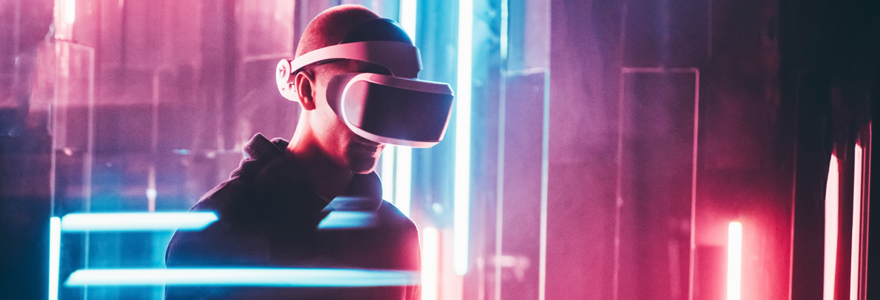Feature: Exploring space medicine
By Jennifer Parraga, BA'93
For as long as Shozab Ahmed can remember, he’s been fascinated with space. He remembers just how in awe he felt watching Star Wars: Revenge of the Sith (Episode III) as a child, as he wondered about what possibilities the universe offered.
So when an email about an interdisciplinary summer internship opportunity with Western’s Institute for Earth and Space Exploration landed in his inbox, the second-year medical student’s interest was piqued.
“A few years ago, I participated in CanMoon, a simulated moon landing conducted by the Institute, so I was familiar with the team there and when I heard about the internship I knew it was an opportunity I couldn’t pass up,” Ahmed said.
Ahmed and third-year medical student Mohsyn Malik joined the Space Medicine stream – one of several offered – and spent the summer months working alongside supervisor Dr. Adam Sirek.
A faculty member with the Institute, Dr. Sirek specializes in family medicine, aerospace medicine, occupational medicine and medical education. Based in Windsor, he is a reservist with the Canadian Armed Forces, serving as a pilot, and he was on the short list for the 2016-2017 Canadian Space Agency Astronaut Recruitment Campaign. He is also the Co-Founder and Information Officer of Leap Biosystems, whose mission is to combine clinical medicine with innovation and disruptive technologies for human space exploration, while translating these back to provide cutting edge medical care on earth.
Ahmed and Malik knew immediately how fortunate they were to work with Dr. Sirek.
“Dr. Sirek is a great supervisor,” said Ahmed. “He set the tone for the internship and set tough goals for us to meet, but was there to support us every step of the way. He really wanted us to succeed.”
Both students took on solo projects and contributed to a group project during their internship.
Ahmed authored a review entitled Autonomous Use of Ultrasonography during LDSMs: Lessons from Remote and Rural Medicine. The review looked at possible technological and training solutions, which could optimize autonomous ultrasound use in these environments.
Meanwhile, Malik’s review focused on extended-reality devices, including virtual reality, augmented reality and mixed reality, and their application in remote medical training and space medical training.
“After 4,005 searches and 35 papers, we were able to look at how these technologies are used in the training of medical students and physician researchers to do basic life support or a surgical procedure,” he said. “We put forth what we thought about how they could be applied further for education in remote medicine or long distance space missions with non-medical individuals.”
Thanks to Dr. Sirek’s guidance, both of the students’ reviews were accepted for presentation at the Aerospace Medical Association Scientific Meeting in Denver, Colorado. Both students’ papers are also being reviewed for publication by a medical journal.
Ahmed and Malik also collaborated with third-year medical student Tahir Dahrouj on a group project where they developed in-time training protocols for a theoretical augmented-reality device that could provide procedural medical training to astronauts during long-distance space missions.
“It was very novel and niche to be part of such a small group and explore the interdisciplinary and collaborative world of space medicine,” said Malik. “I was also really excited to meet Dave Williams, a physician and retired astronaut with the Canadian Space Agency.”
Ahmed agrees and says the parallels between space medicine and rural medicine became more evident to him during the internship.
“A lot of research and innovation into improving medicine in space stems from how medicine can be improved in remote environments on earth, including in remote regions of Canada,” he said. “The internship opened my eyes to how lessons from rural medicine can be applied to make space safer and accessible, while I also saw how innovations in space medicine can improve rural medicine.”
The summer experience so ignited Ahmed’s interest in the unique relationship between rural and space medicine that he founded the Extreme Environments Medicine Club (EEMC). The Club advocates and provides opportunities for future physicians to learn about and pursue careers in extreme environments medicine.
At a recent EEMC event, participants broke into teams and worked together to resuscitate a patient in the wilderness using simulation.
A local club now based at Schulich Medicine & Dentistry with 70 active members, Ahmed hopes to expand the members to other medical schools across Canada. He’s also looking forward to an internship this summer with the European Space Agency.
Ahmed and Malik are grateful for their experience and feel fortunate to be studying medicine at a university where they have the opportunity to pursue their interests with such a unique internship.









